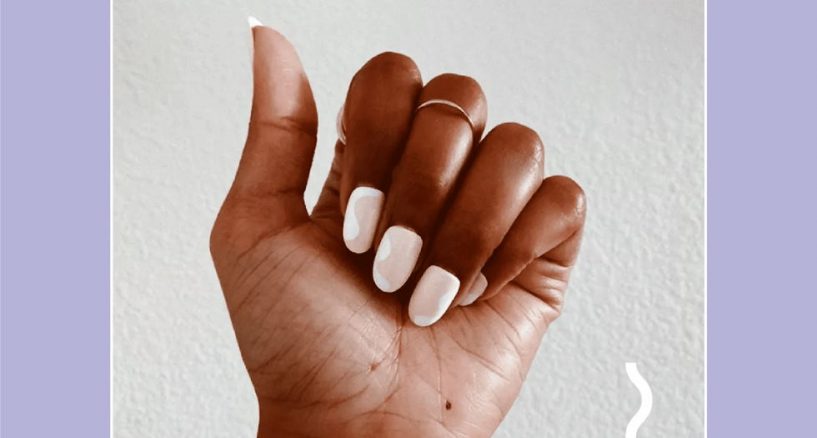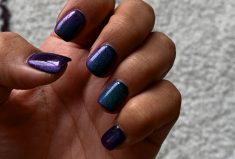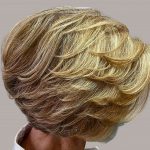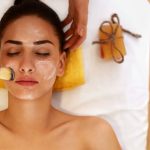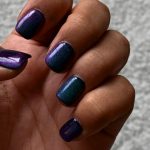The Different Types of Artificial Nails: Pros and Cons
Do you love having long, beautiful nails but don’t have the time to keep them trimmed and neat? Or maybe you’re like me, and your nails tend to snap and break easily. Have you ever considered using artificial nails to get the look you want without all the hassles? Many different types of artificial nails are available on the market today, so it can be tricky to figure out which is right for you. In this blog post, we’ll look at the pros and cons of some of the most popular types of artificial nails so that you can make an informed decision about whether they’re right for you. Stay tuned!
Types of artificial nails: what kinds of nails are there?
Gel Nails: Pros – Gel nails are thinner and lighter than acrylic nails, and they provide a natural-looking shine. They are also less likely to damage your natural nails than acrylics. Cons – Gel nails require regular UV light exposure to cure, and they can be more difficult to remove than other types of artificial nails.
Solar Nails: Pros – Solar nails are made from a mixture of acrylic and gel, so they are strong and durable like acrylics but have the natural-looking shine of gels. They also last longer than other types of artificial nails. Cons – Solar nails require regular maintenance (filing, buffing, etc.) to keep them looking their best, and they can be more difficult to remove than other types of artificial nails.
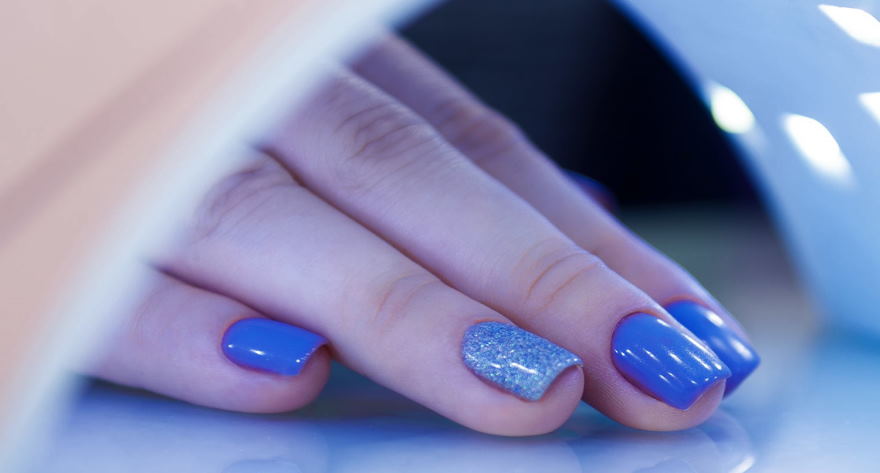
If you’re considering getting artificial nails, be sure to speak with a professional nail technician to find out which type would be best for you. And always follow the proper care and maintenance instructions to keep your nails looking their best.
The dangers of artificial nails: what to know before you get them
If you’re considering getting artificial nails, you should know a few things first. Artificial nails can cause serious damage to your natural nails, and they can also lead to infections. Here’s what you need to know about the risks of artificial nails.
Damage to natural nails: Artificial nails can cause your natural nails to become thin and weak. The chemicals in the acrylic or gel used to create artificial nails can seep into your natural nail bed and cause problems.
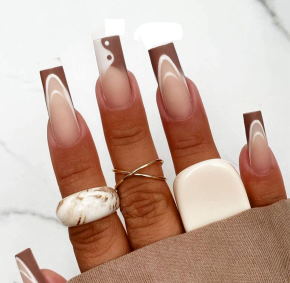 Infections: Artificial nails provide the perfect environment for bacteria and fungi to grow. If you have an infection, it can be difficult to get rid of and even spread to other parts of your body.
Infections: Artificial nails provide the perfect environment for bacteria and fungi to grow. If you have an infection, it can be difficult to get rid of and even spread to other parts of your body.
Allergies: Some people are allergic to the chemicals used in artificial nails. You may experience redness, swelling, and itching if you have an allergy. In severe cases, you may even have a reaction that could lead to anaphylaxis, a life-threatening condition.
If you’re considering getting artificial nails, understand the risks first. Then, talk to your doctor or dermatologist if you have any concerns. And be sure to follow the instructions carefully when applying artificial nails to avoid any problems.

